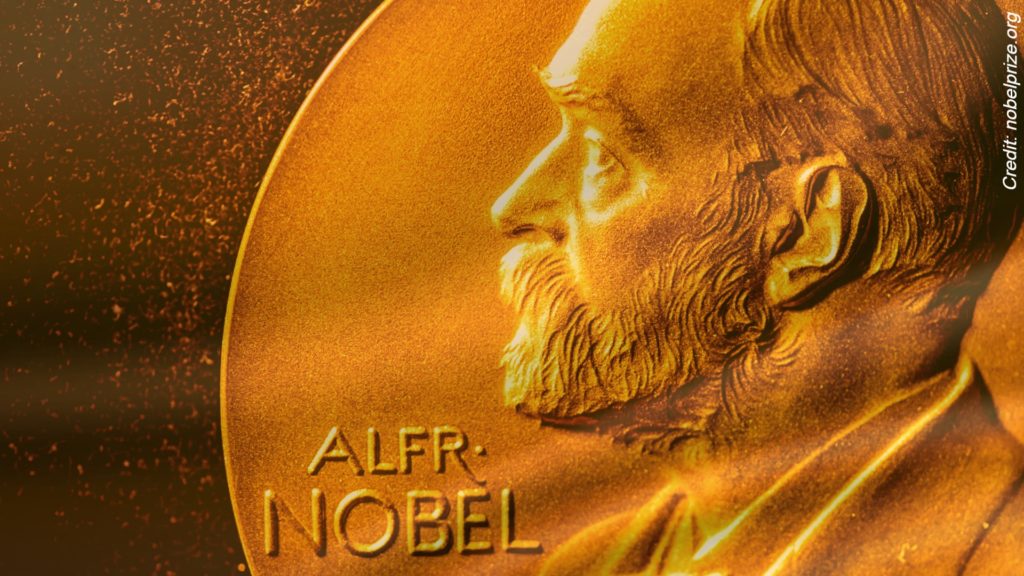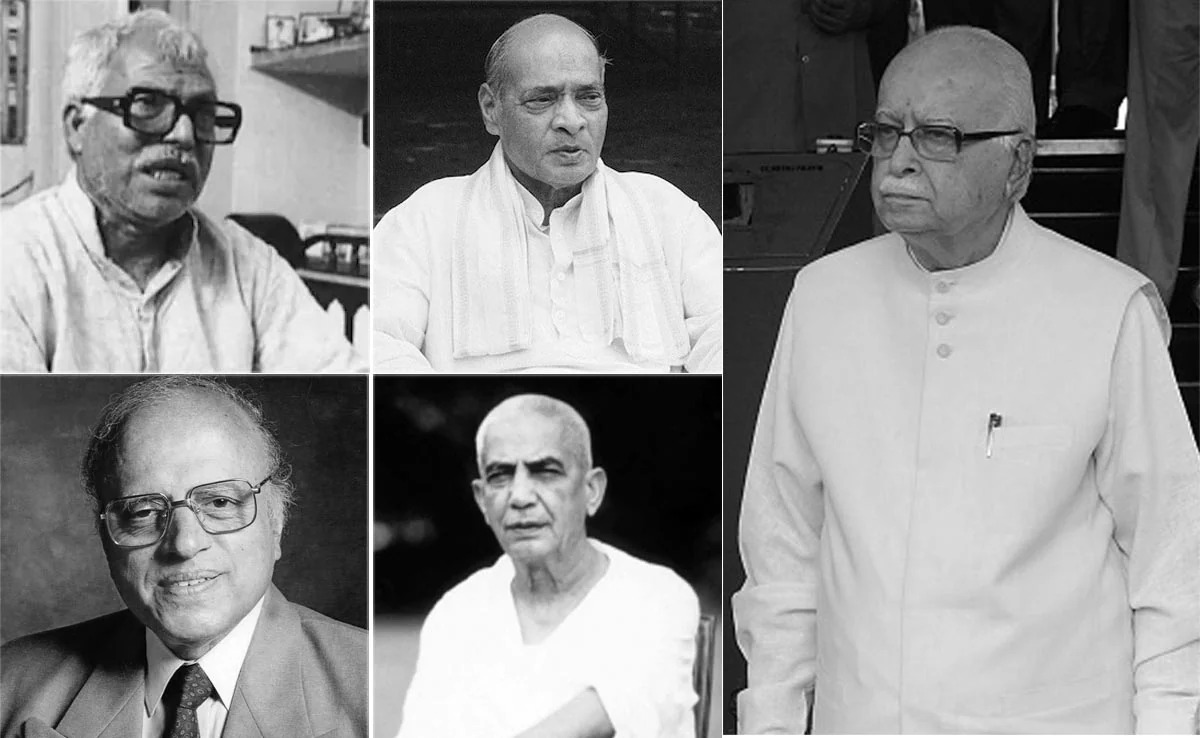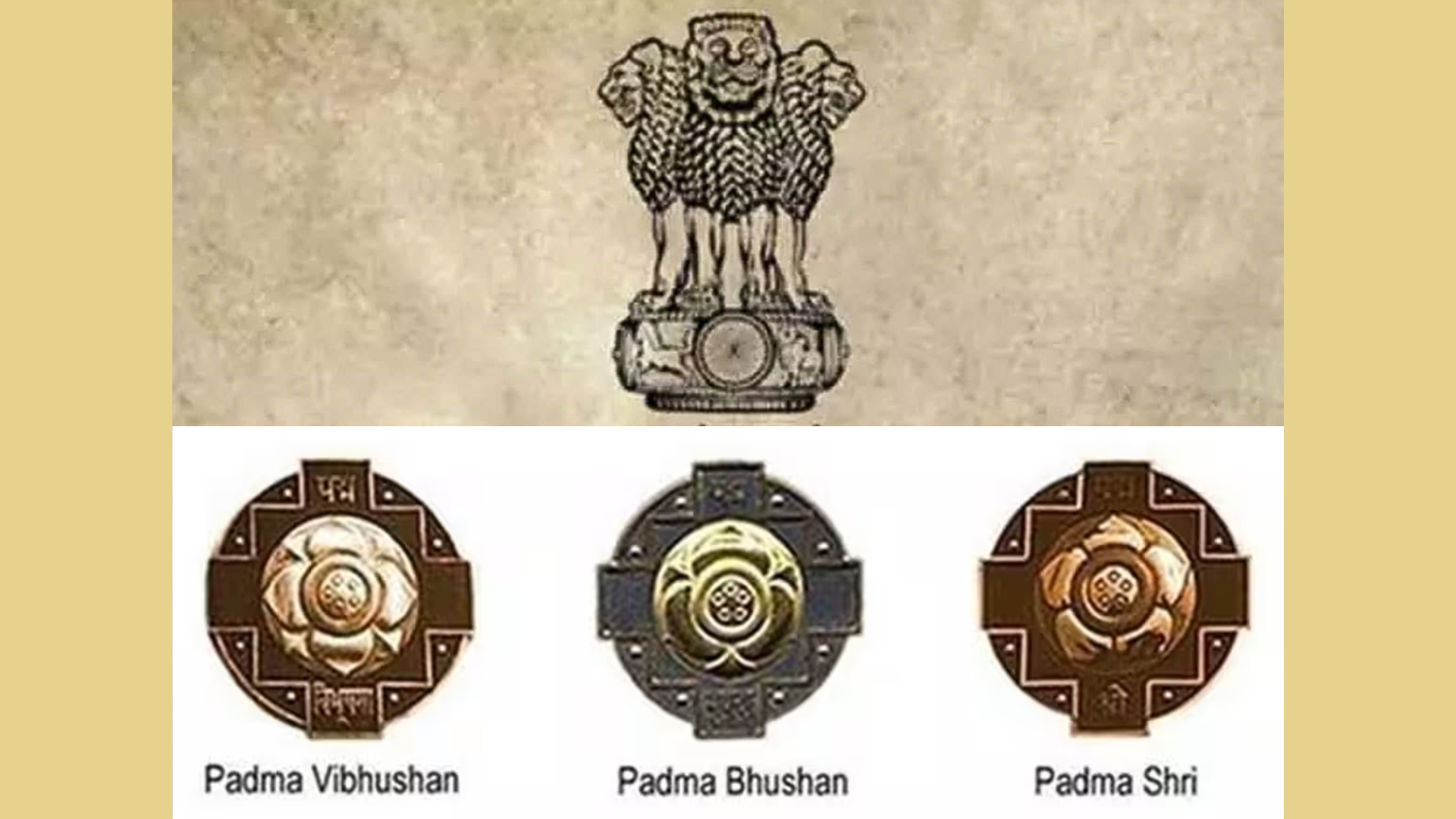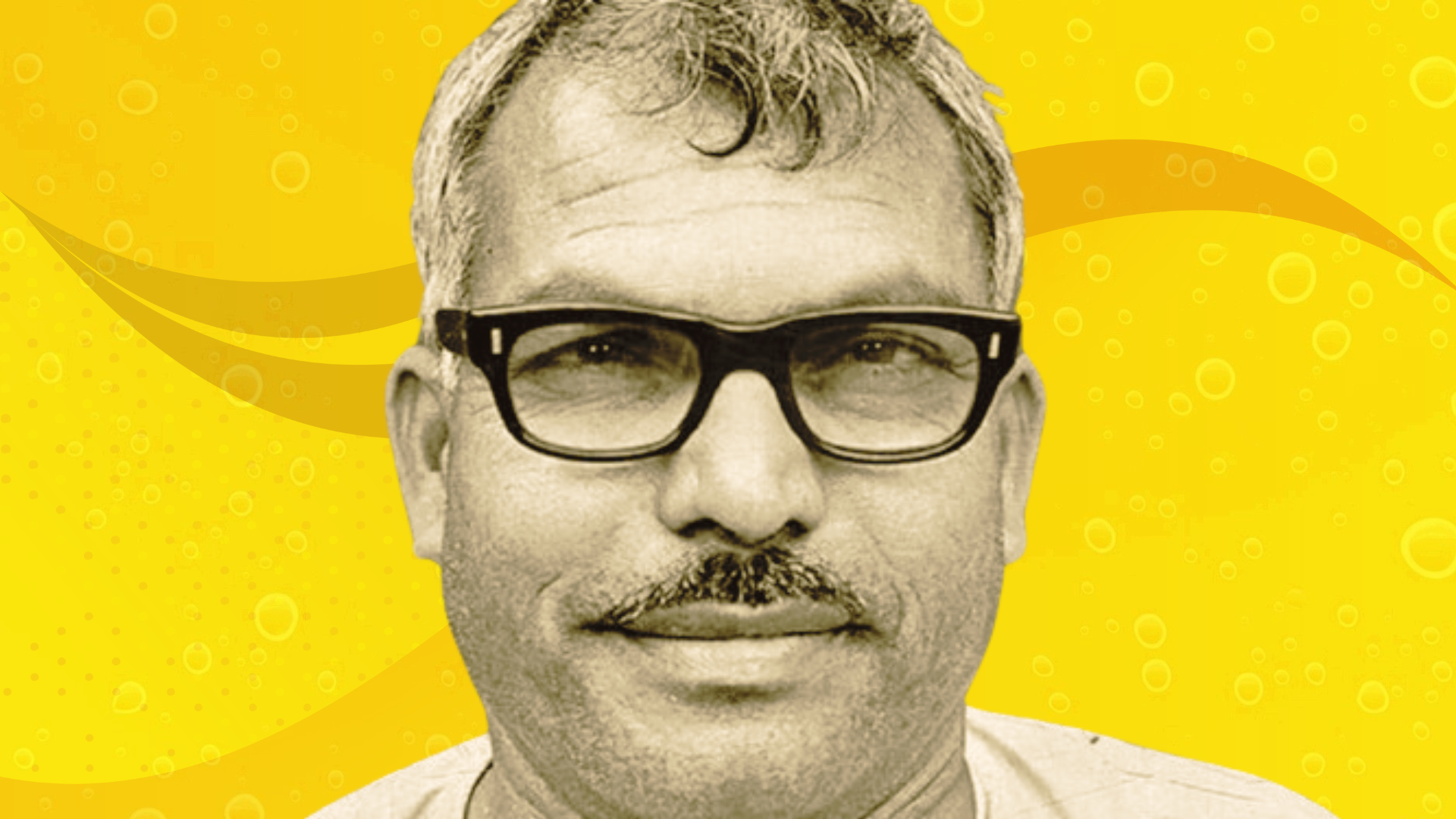Winners of the 2022 Nobel Prizes

The winners of five of the Nobel Prizes for 2022 have been announced. These five are the original five. The sixth, to be announced on Monday, October 10, is the Nobel Prize in Economics, or properly, ‘in memory of Alfred Nobel’ – Sveriges Riksbank Prize in Economic Sciences in Memory of Alfred Nobel.
The 2022 Nobel Prize in Physiology or Medicine has been awarded to Swedish geneticist Svante Pääbo for “for his discoveries concerning the genomes of extinct hominins and human evolution”, according to a press release by Karolinska Institute.
He obtained the genome sequence of modern humans’ (Homo sapiens) closest extinct relative, the Neanderthal and followed it up, in a “sensational discovery”, with that of another close relative of ours, the Denisova, “entirely from genome data retrieved from a small finger bone specimen”. His work has proved that “Homo sapiens had mixed with Neanderthals and Denisovans during periods of co-existence, resulting in introgression of archaic DNA in present-day humans”.
The 2022 Nobel Prize in Physics has been awarded to three scientists, Alain Aspect (French), John F Clauser (American) and Anton Zeilinger (Austrian). They have been awarded for their work in quantum physics, specifically, for “for experiments with entangled photons, establishing the violation of Bell inequalities and pioneering quantum information science”, according to a press release by the Royal Swedish Academy of Sciences.
With the emergence of “a new kind of quantum technology”, the three laureates’ work with entangled states will become highly important, “even beyond the fundamental questions about the interpretation of quantum mechanics,” said Anders Irbäck, Chair of the Nobel Committee for Physics.
The 2022 Nobel Prize in Chemistry has been awarded to the Americans Carolyn R Bertozzi and K Barry Sharpless, and the Danish Morten Meldal “for the development of click chemistry and bioorthogonal chemistry”, said a press release by the Royal Swedish Academy of Sciences.
For Barry Sharpless this is the second Nobel, after another prize in Chemistry in 2001. He has thus become only the fifth person to win two Nobel Prizes, following in the footsteps of John Bardeen, Marie Curie, Linus Pauling and Frederick Sanger.
While Sharpless “coined the concept of click chemistry”, which consists of a class of chemical reactions, Meldal and he later independently discovered “the crown jewel of click chemistry: the copper catalysed azide-alkyne cycloaddition”, a chemical reaction now used widely. Bertozzi developed click reactions that “work inside living organisms” called bioorthogonal reactions, to “map important but elusive biomolecules on the surface of cells – glycans”. Click chemistry and bioorthogonal reactions “are now used globally to explore cells and track biological processes”.
The 2022 Nobel Prize in Literature has been awarded to French author Annie Ernaux “for the courage and clinical acuity with which she uncovers the roots, estrangements and collective restraints of personal memory”.
All her books were originally written in French, with translations in various languages having been published. Her best books are all autobiographical. The first book, Cleaned Out came out in 1974, when she was 34. It was an autobiographical novel about obtaining an abortion when it was still illegal in France. The English translation came out in 1990. The Years (2008, English translation in 2018) is an expansive look at the society which created her, through the exploration of each year of her life from 1940 to 2006. Many critics see this book as Ernaux’s defining statement. Interestingly, she eschewed the use of the pronoun ‘I’ in favour of the broader ‘we’, and sometimes ‘she’.
A Girl’s Story (English translation in 2020) talks about her teenage sexual experiences and the shame of it all just ahead of the sexual revolution of the 1960s and 70s. Her next translated work, due in 2023, is titled Look at the Lights, My Love, which, as per the press release, is a ‘meditation on the phenomenon of the big-box super store’.
The 2022 Nobel Peace Prize has been won by one person and two organisations, all connected to human rights. The winners are Belarussian human rights advocate Ales Bialiatski, the Russian human rights organisation Memorial and the Ukrainian human rights organisation Centre for Civil Liberties. The Nobel Peace Prize is the only one to be given by Norway, specifically, by the Norwegian parliament, the other being given by Sweden-based organisations.
Ales Bialiatski was one of the initiators of the democracy movement in Belarus, in the mid-1980s. in 1996, he founded the organisation Viasna (‘Spring’) in response to the controversial constitutional amendments that gave the president dictatorial powers and that triggered widespread demonstrations. Government authorities have repeatedly sought to silence Ales Bialiatski. He was first imprisoned from 2011 to 2014. He was again arrested in 2020, following large-scale demonstrations against the regime of President Alexander Lukashenko. He is still detained without trial.
Memorial was established in 1987 by human rights activists in the former Soviet Union, among them Nobel Peace Prize laureate Andrei Sakharov and human rights advocate Svetlana Gannushkinam, who wanted to ensure the victims of the communist regime’s oppression would never be forgotten. After the collapse of the Soviet Union, Memorial grew to become the largest human rights organisation in Russia. During the Chechen wars, Memorial gathered and verified information on war crimes perpetrated by Russian and pro-Russian forces, as a result of which the head of Memorial’s Chechnya branch, Natalia Estemirova was killed. In December 2021, the government decided to forcibly close down Memorial and its documentation centre, which it did in the following months. But the people behind the organisation refuse to be shut down, with Chairman Yan Rachinsky stating, “Nobody plans to give up.”
The Centre for Civil Liberties (CCL) was founded in Kyiv in 2007 to strengthen Ukrainian civil society and pressure the authorities to make the country a full-fledged democracy, governed by rule of law. Since Russia’s invasion of Ukraine in February 2022, CCL has been identifying and documenting Russian war crimes against the Ukrainian civilian population. It is also playing a pioneering role in holding the guilty parties accountable for their war crimes.







